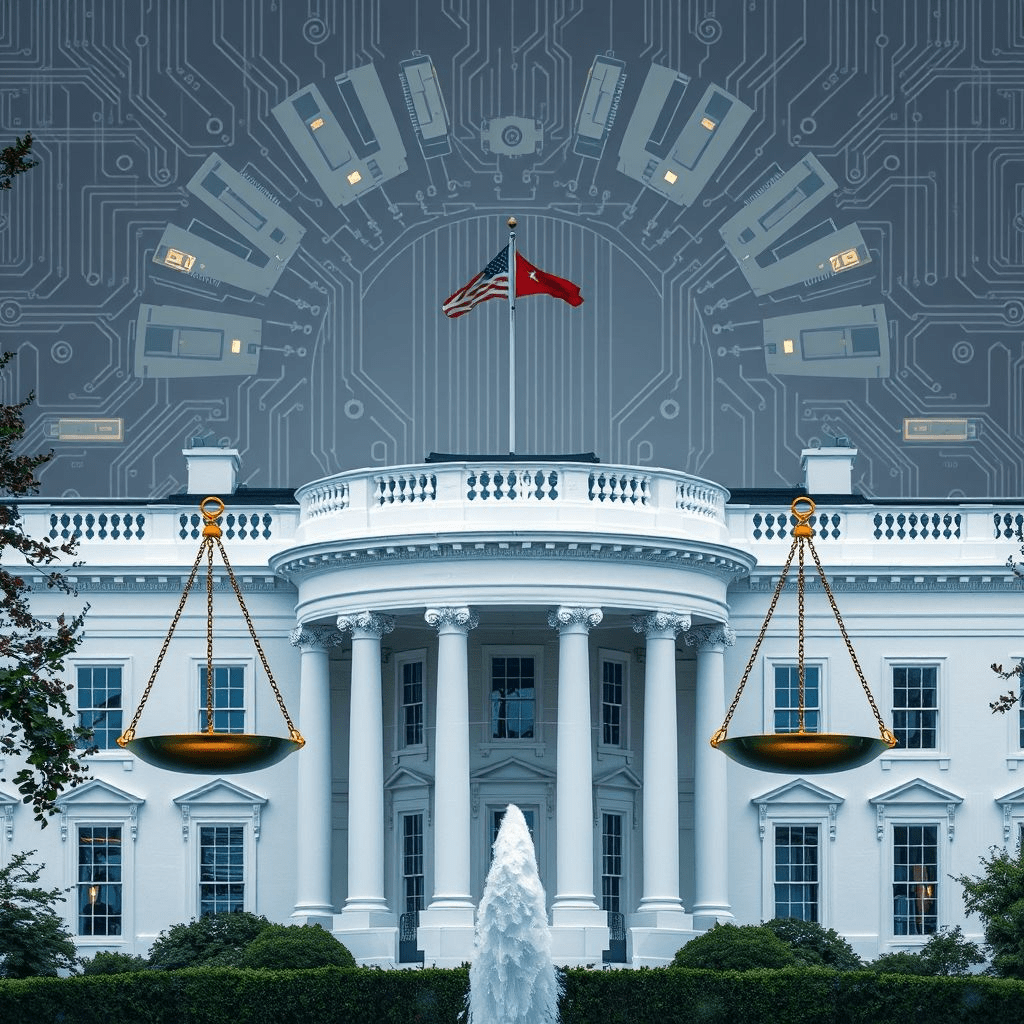The White House is preparing a groundbreaking executive order aimed at curbing what it calls “woke AI,” a response to growing public and political concerns about bias and ideological slants in artificial intelligence systems. The proposed order, leaked to the press on Wednesday, would direct federal agencies and contractors to audit and adjust their AI systems to minimize discriminatory outputs and ensure fairness across demographics and viewpoints.
The initiative comes amid mounting evidence and criticism that leading AI models, trained on vast swathes of human-generated text and media, tend to reflect — and sometimes amplify — social and political biases. Advocacy groups, journalists, and lawmakers have highlighted instances where AI-generated content expressed preferences for certain political ideologies, marginalized specific groups, or perpetuated stereotypes. “We cannot allow the tools of the future to embed the biases of the past,” an administration official said on condition of anonymity.
According to the draft, agencies will be required to submit bias-assessment reports every six months and adjust procurement practices to favor vendors who demonstrate fairness in their algorithms. Private-sector contractors working with federal agencies will also need to disclose their model training data sources and methodologies to an oversight board.
Reactions from the tech community were swift and mixed. Civil rights groups applauded the move as a necessary step toward equitable AI, while some industry insiders warned it could burden developers with red tape and stifle innovation. “Bias mitigation is a nuanced, technical, and ongoing process — not something that can be solved overnight through executive fiat,” said Dr. Angela Cortez, an AI ethics researcher at Stanford.
Industry giants like OpenAI and Anthropic, which have faced scrutiny for biased outputs, issued cautious statements welcoming government guidance but cautioning that implementation details would matter greatly. Republican lawmakers praised the focus on countering ideological bias, while Democrats emphasized the importance of addressing racial and gender discrimination as well.
Experts say the order could set a precedent for international policy and signal Washington’s seriousness in regulating emerging technologies responsibly. “The world is watching how the U.S. handles AI fairness,” Cortez added. The White House expects to finalize the order by September, opening a public comment period before it takes effect.







